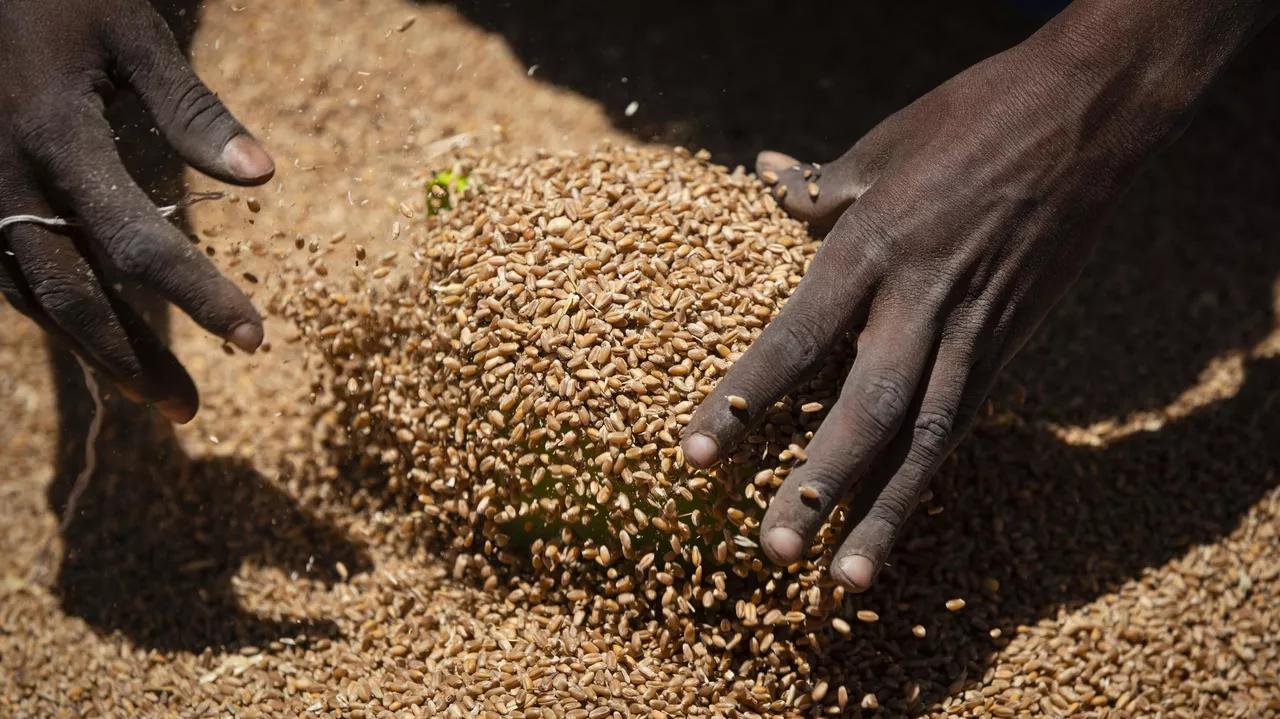Africa-Press – Namibia. On March 18, Russia and Ukraine agreed to extend the Black Sea Grain Initiative, brokered by Turkiye and the United Nations, for 60 days instead of 120. The deal was signed in Istanbul on July 22, 2022, a few months after the launch of Russia’s special military operation in Ukraine.
US humanitarian aid for African countries has a negative impact on local food production, says Arkady Zlochevsky, chairman of the Russian Grain Union, in the wake of the recent extension of the Black Sea Grain Initiative between Russia and Ukraine, two of the world’s biggest grain exporters, amid the ongoing conflict in Ukraine and Western sanctions on Russian exports.
The deal was brokered by Turkiye and the UN in order to address the rising food prices in the wake of the Ukraine crisis and the threat of famine in lower-income countries.
Zlochevsky believes that the problem of poorer countries in Africa and other parts of the world is “basically based on purchasing power,” which according to him “is not high,” making them “directly affected by the hysteria that has swept through the markets.”
The Russian businessman says that the struggle of lower-income countries with rising food prices started with the beginning of the COVID-19 pandemic and later escalated. Speaking of the US humanitarian aid approach towards these nations, Zlochevsky argues that it “destroys local production.”
He further argues that US humanitarian supplies “never meet 100% of the needs in the territories where they are sent.” According to him, they only cover 5-10% of the needs of those nations.
And at the same time, Zlochevsky says, US humanitarian aid destroys the sales market for local firms and the motivation to increase local production.
According to the expert, the US is creating these humanitarian aid programs not to “distribute these resources for free.” Instead, they thereby hold those markets for their own products. “This is a conscious policy, this is supposedly a gift…” the businessman asserts.
Zlochevsky insists that US humanitarian aid is mainly aimed at selling American products to global humanitarian organizations, such as the UN World Food Program.
Zlochevsky adds that when he looks at the potential of Africa, “there are paradoxical things that are often inaccessible to us.” He says that Africa has “quite fertile soils,” and there are more moisture reserves than in other parts of the world.
The grain deal signed by Russia, Turkiye, Ukraine, and the United Nations in July 2022 was due to be renewed for 120 days on March 18 unless either of the signatories object. Russia said it did not mind extending the deal, but only for 60 days, which was confirmed by Kremlin spokesman Dmitry Peskov.
The accord provides for the export of Ukrainian grain, food, and fertilizers over the Black Sea from three ports, including Odessa. The package agreement also includes a memorandum of understanding between Russia and the UN to unblock Russian grain and fertilizer exports via the Black Sea.
As much as 25 million tons of grain and other food products have been delivered to 45 nations since July 2022 thanks to the deal, according to United Nations spokesperson Stephane Dujarric’s press briefing earlier this month.
For More News And Analysis About Namibia Follow Africa-Press






